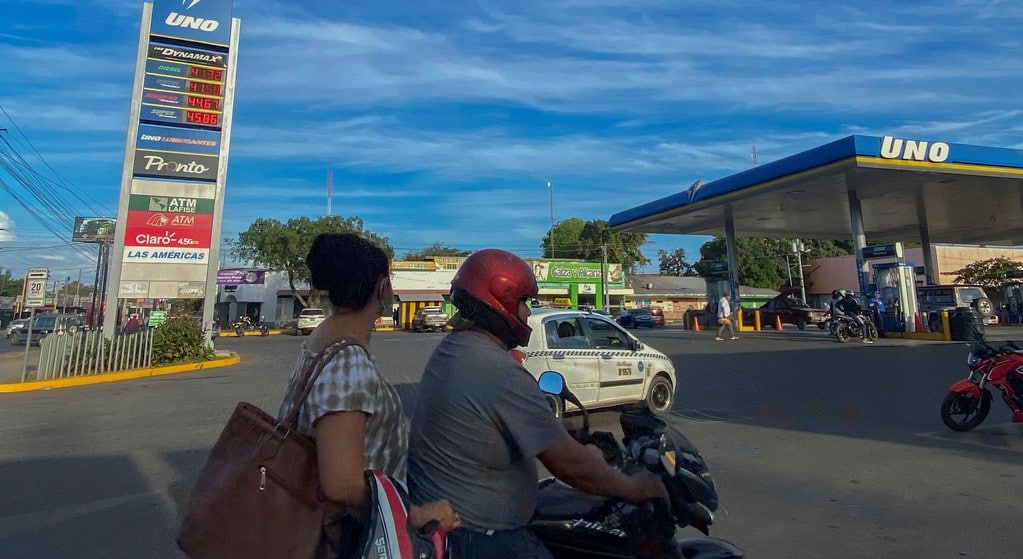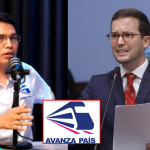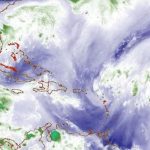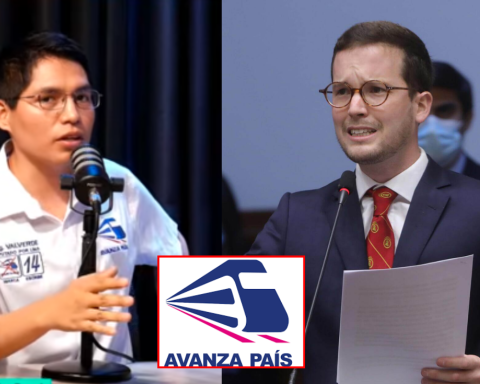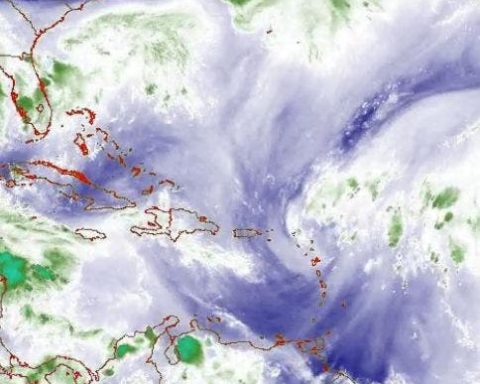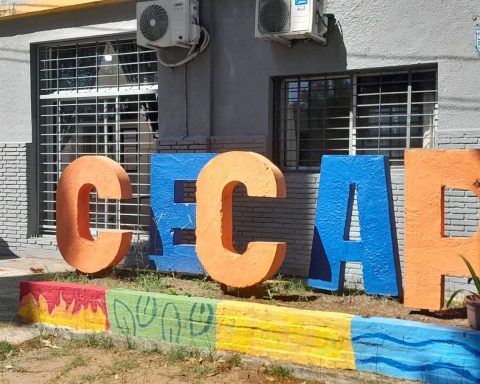The Ortega government announced this Friday – without giving further details – a temporary subsidy for hydrocarbons, which will not prevent super and regular gasoline, and diesel from registering, as of this Sunday, a homogeneous increase of 1.84 córdobas per liter, with what that three weeks of a price freeze will be broken.
With this increase, super gasoline will go from 45.80 to 47.64 cordobas per liter; the regular will increase from 44.64 to 46.48 cordobas per liter; and diesel —the fuel with the highest consumption at the national level— will rise from 41.38 to 43.22 cordobas, according to local media and platforms.
These average prices correspond to service stations in Managua, since in the other departments and regions of the country the cost of transportation and distribution, as well as other expenses, must be added.
fuel prices remained unchanged since the first week of Marchdespite the fact that in the international market the value of intermediate oil from Texas (WTI) —reference for Nicaragua— exceeded 100 dollars per barrel.
Government Announcement
In a press release, the Nicaraguan Institute of Energy (INE) and the Ministry of Energy and Mines (MEM), indicated that, for the week of March 27 to April 2, “significant adjustments” are expected in fuel prices —super and regular gasoline, and diesel—, so the Government will absorb 70% of the increases, although it does not establish what the reference prices will be.
In the case of Liquefied Petroleum Gas (LPG) —the only hydrocarbon regulated by the State, through the INE—, the Government will absorb 100% of the expected increase, so its price will not vary for this week.
Since February 27, the cylinder of 25 pounds —the most valued by the population— is sold for 436 cordobas; the cylinder of 100 is at 2004 cordobas; and the 10 pound to 180 cordobas. These prices are reference for consumers and valid only for Managua, in the departments it varies depending on the distance from the capital.
In their note, the entities do not detail how much money they will deliver to the oil companies, nor the source of the funds. However, Rubén Ernesto Arriola, an expert on consumer issues, announced that the money will come from the state coffers. “In the end we will all pay for it.”
“The Government, henceforth, will continue to permanently monitor the behavior of international prices and the rest of the variables that make up the price of fuels, and the corresponding actions and measures will be taken to mitigate the impact of the increase in these prices on the economy of Nicaraguan families,” the statement said.
Arriola warned that this subsidy “is only temporary”, although the State “has resources” to establish “a permanent subsidy” that lasts until the behavior of oil in the world is normalized.
“While the crisis is in Ukrainewe will be seeing rises and falls in the barrels of oil”, said the expert.
Oil in the international market
The price of WTI oil rose 1.4% this Friday and stood at 113.90 dollars a barrel on the New York Mercantile Exchange, in reaction to a new attack by Yemen’s Houthi rebels on Saudi Arabian oil facilities, reported the Efe agency. .
Texas oil had started the day lower, but became more expensive after reports of a fire at the facilities of the state-owned Aramco in the Saudi city of Jeddah, in a missile attack claimed by the Houthi rebels.
With the turn on Friday, the WTI closed a volatile week with a revaluation of almost 8%, while in the last month, marked by the war in Ukraine, the rise rose 23%.
Before the war, the market was already very tight due to the growing global demand generated by the economic recovery after the covid-19 crisis and the limited supply.
Other government options
Experts in hydrocarbons and consumers have explained to CONFIDENTIAL that a reform to Law 277 or Hydrocarbons Supply Law is urgently needed, with which the Government would control the fuel market and “impose prices on the oil companies.”
The prices of super and regular gasoline, diesel and kerosene are established by the oil companies, whose profit margins are at their discretion. For the experts, a regulation would “reduce” its high benefits.
Reports of CONFIDENTIAL have revealed that, until the beginning of 2021, Nicaraguan consumers have paid about 30 million dollars for an overpriced fuel.
This surcharge is obtained through freeze prices in Nicaraguawhen in the international arena fuels and oil fall.
Another option given by the experts is for the State to “eliminate some taxes” on petroleum products.
For each gallon of fuel, the Government collects a percentage for the Conglobated Specific Tax on Fuels (IECC), and another for the Road Maintenance Fund (Fomav). The suspension of both or one of them would bring relief to consumers, according to experts.
